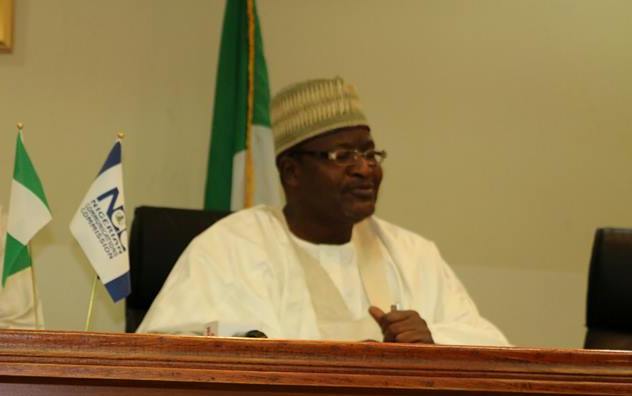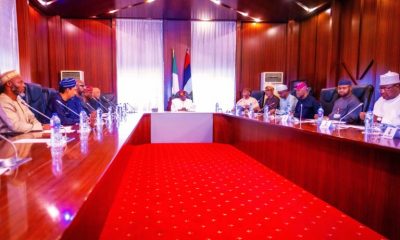THE Executive Vice Chairman, Nigerian Communications Commission (NCC), Prof Umar Danbatta has identified the deployment of information communication technology (ICT) tool as a veritable weapon against mass poverty in the country.
Danbatta, who addressed participants of the Senior Executive Course No 38 at the National Institute for Policy and Strategic Studies (NIPSS), Kuru, Jos, said the ICT industry is the next frontier for poverty eradication, especially now that the fortunes of oil and gas have crashed.
“The poverty level in Nigeria is not a true reflection of our population size, natural and environmental endowments. This is because the poverty level in the country contradicts the country’s immense wealth.
“The challenge encountered by developing nations is no longer poverty in its traditional sense, but a lack of access to ICT tools and the vast potential derivable from ICT. ICTs have the potential to combat poverty, be it rural or urban poverty,” he was quoted to have said in a statement endorsed by the Special Assistant (Media) to the EVC, Yakubu Musa.
The NCC chief said one of the major challenges for the poor is inability to access information due to inadequate infrastructure, ignorance or illiteracy, lamenting that the nation currently has a broadband penetration level of about seven per cent.
“For most developing countries, particularly those with large populations, inadequate infrastructure has made it difficult to participate as equal partners in the worldwide enterprise of knowledge production and dissemination,” he said, arguing that the effects are: “unequal distribution of access to resources and opportunities in the new economy.”
ALSO SEE: NCC set to auction 2.6GHz Spectrum next month
Dambatta added: “In Nigeria, ICT must be considered a critical key driver for social development and economic growth. To stimulate the economy particularly in production, agriculture and intellectual property, we should aim to improve ICT penetration in both mobile telephony and broadband services to all parts of the country no matter how remote.”
He further maintained that ICT interaction and usage in critical sectors such as agriculture, health, trade, finance, insurance and transport should be increased since it would automatically affect the nation’s gross domestic product (GDP), improve quality of life, reduce dependency on forex and improve the value of naira.
He, however, noted that, ICTs are not simply a connection between people, but a link in the chain of the development process; and its contribution to socio-economic development cannot be over-emphasised.
“It goes without saying that ICTs have the potential to combat poverty, be it rural or urban poverty. It will also foster sustainable development if appropriately deployed and made to address the diverse discrepancy in the ICT needs of people of all locations, age group and economic status,” he said.
He said investment in ICT alone was not enough for development to occur and be sustained or for poverty to be eradicated, noting that successful ICT poverty reduction interventions could only be achieved with an enabling environment, participation of the private sector and non-governmental organisations, free flow of information, access to ICT by women and youths, and capacity building.
“Consequently, ICTs may be regarded as an enabler of other developmental efforts and infrastructure required for sustainable development. Only a banquet of strategies duly implemented can attempt to resolve the global menace of poverty.
“For most developing countries, particularly those with large populations inadequate infrastructure has made it difficult to participate as equal partners in the worldwide enterprise of knowledge production and dissemination.”
Danbatta argued that ICTs are critical resource in the promotion of socio-economic development, with a potency to alleviate poverty which is caused as a result of lack of access to ICT tools and know-how.

 Entertainment5 days ago
Entertainment5 days ago
 Health1 week ago
Health1 week ago
 Health4 days ago
Health4 days ago
 Football1 week ago
Football1 week ago
 Football1 week ago
Football1 week ago
 Crime4 days ago
Crime4 days ago
 Crime1 week ago
Crime1 week ago
 Education6 days ago
Education6 days ago








